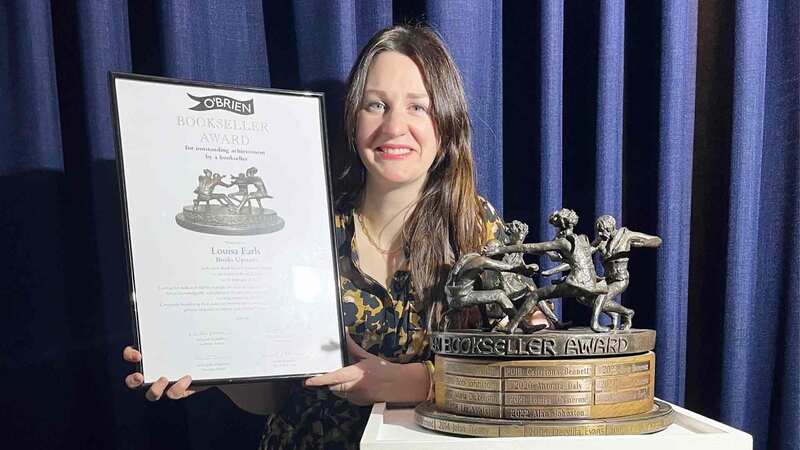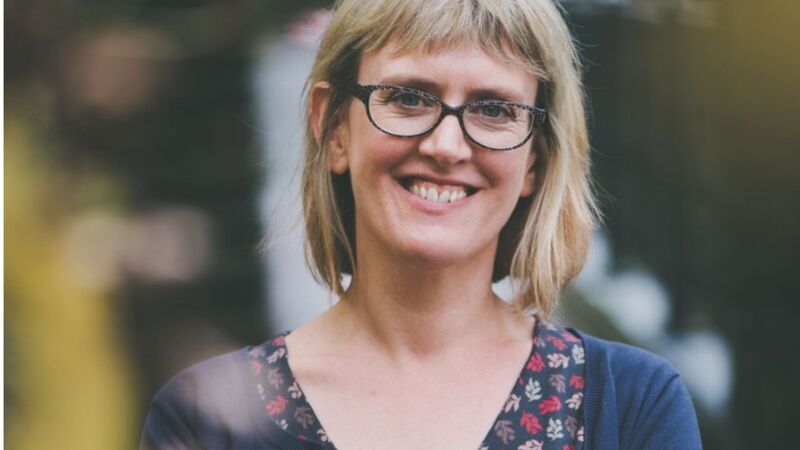You are viewing your 1 free article this month. Login to read more articles.
The future of freelancing
Freelancers are crucial in publishing, so we need to make sure they are as diverse as can be.
It’s a Catch-22 for anyone hoping to embark on a freelance career: everyone asks for evidence of experience before they’ll give you work – but if you’re not given work, how do you ever get that experience?
I work with freelancers on a daily basis, commissioning copy-editors and proofreaders, and the vast majority of them have previously held in-house publishing jobs. Those freelancers are, of course, incredibly experienced and talented. But it can mean that a lot of them come from similar backgrounds, with similar lived experiences.
So when my colleague, Pan Macmillan desk editor Rebecca Needes, raised the idea of trying to diversify our freelance pool, I was extremely keen to work with her on thinking about how to go about that. We talked through various options, and had a string of informative meetings with both in-house colleagues and representatives from Creative Access, the Publishing Training Centre, ERIC, and the Chartered Institute of Editing & Proofreading – all of which helped us to hone our ideas into a scheme that was deliverable and, we hoped, could have a real impact. Thus, the A Future in Freelancing proofreading traineeship was born.
This positive-action scheme, which launched earlier this year, provided access to training, experience and mentorship for eight participants from backgrounds that are underrepresented in publishing – and we were delighted with its success. In fact, all eight showed huge promise as proofreaders and we’ve added them all to our roster of regular freelancers – and would love to share their details with other publishers, to help them build sustainable freelance careers.
How did it work? Creative Access selected the eight participants out of around 200 applicants. They were not required to have prior publishing experience, but did undertake a short grammar test. Pan Macmillan sponsored two virtual, industry-recognised proofreading workshops with the Publishing Training Centre. The trainees then undertook two practice proofreading tasks, including a paid trial proofread of a full novel to a deadline.
Each participant had their own mentor from Pan Macmillan, who offered them feedback and advice in virtual meetings. They were also given copies of proofreading reference books, as well as a year’s access to two additional PTC distance-learning courses – Essential Grammar and Successful Editorial Freelancing – to support them as they grow their freelance careers. And since the formal scheme came to a close, we have sent all eight more paid, "live" proofreading jobs.
Sometimes, a particular reader will pick up on something that others might not – and so being able to call on a diverse pool of readers, with a range of experience, is so helpful for making our books authentic as well as accurate
It was incredibly rewarding to see their skills develop, and to play a part in helping them to add this sort of work to their portfolio careers – not only giving them access to training and mentoring, but also helping them gain that much-needed experience to put on their CVs.
One of this year’s graduates, Claire Tipton, said: "I thought it was an incredible access point to an industry that is otherwise quite intimidating to break into. The course itself was informative and having such a friendly instructor and mentor made me feel comfortable asking all the questions I needed."
Another, Shane Lowe, said: "The scheme was unbelievably generous in its scope, especially in providing us with the skills and indeed the encouragement to work for other publishers as well as Pan Macmillan. The course was superbly organised and thoughtfully supported and Pan Macmillan has delivered a real and demonstrable opportunity for people striving to work in the publishing industry."
And fellow graduate Erick Jackaman told us: "The proofreading course was SO valuable to me and I’ve loved the proofreads I’ve done for Pan Macmillan since then. This really was a foot in the door and I am so grateful for this scheme."
It’s also been beneficial for us as editors: proofreaders play such a vital role in the publishing process, as a fresh set of eyes picking up things that have slipped through the net, and they really help to make our books as good as they can be. Sometimes, a particular reader will pick up on something that others might not – and so being able to call on a diverse pool of readers, with a range of experience, is so helpful for making our books authentic as well as accurate.
So what’s next? This shouldn’t be the end of the story.
Firstly, for this year’s cohort of graduates, a truly sustainable freelance career will see them getting work from a number of publishers – so we’d love for anyone to get in touch with us via the contact information at the end of this article, and we can share their details.
But there is so much scope for more schemes like this to take place in future. Freelancing, by its very nature, lends itself to being quite accessible: for example, you don’t need to be based in a particular location geographically; you don’t need to leave home; and you can fit it around other commitments.
Publishers work with freelancers across their businesses – from cover and text designers to copy-writers, publicists and audio actors. There is scope for diversifying across the publishing industry, and freelance rosters seem like a great opportunity to support this. Diversifying helps everyone: it helps those from underrepresented backgrounds who might be struggling to break into the industry; it helps publishers and authors, by making their books, and the commercial activities around their books, more authentic and inclusive; and it helps readers, by being one step towards creating publishing programmes that are more representative.
We hope the success of this scheme, and others like it, will encourage colleagues across the industry to consider the possibilities for diversifying their lists of freelancers.
If you would like the contact details of this year’s graduates, or for more information on the scheme, please get in touch with Samantha Fletcher (samantha.fletcher@macmillan.com) or Rebecca Needes (rebecca.needes@macmillan.com).




















